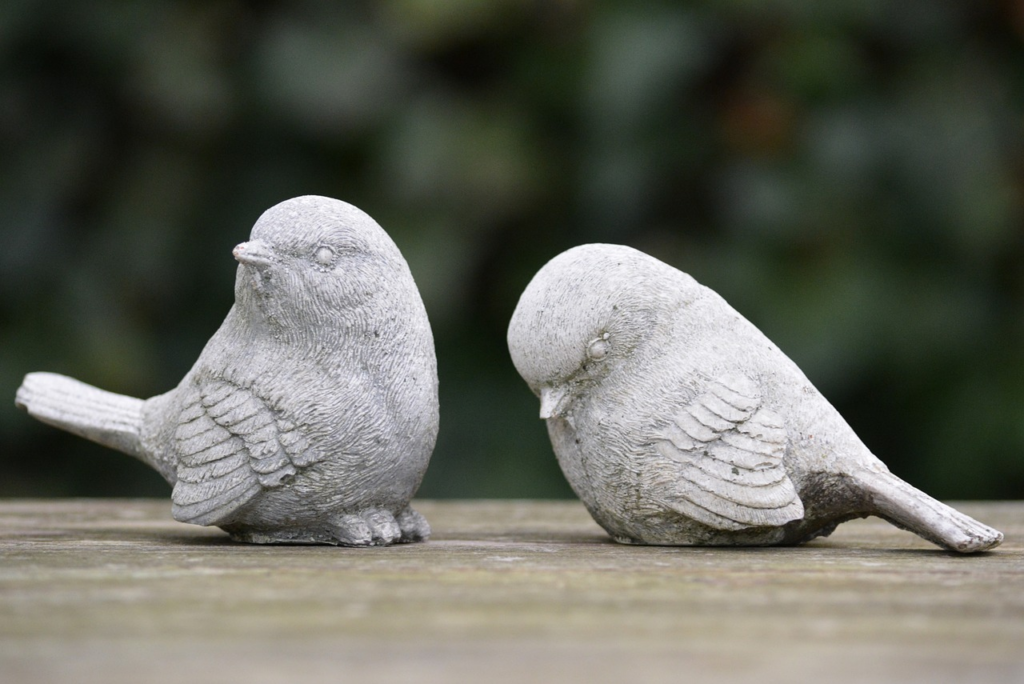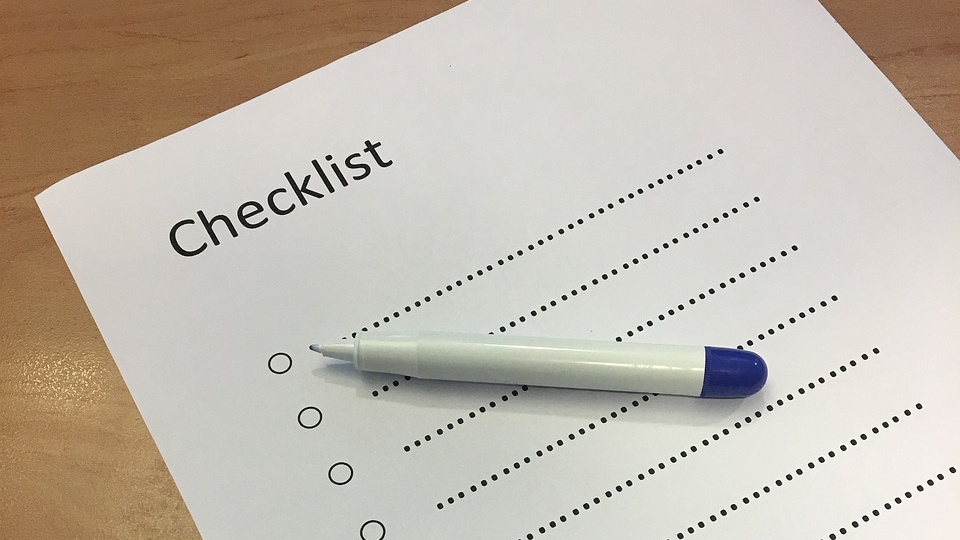Narcissistic personality disorder (NPD) manifests in a multitude of ways, often leading to confusion and distress for those involved. When asked, psychologist Kathleen Saxton discussed the importance of understanding the signs and to steer clear of any tendencies narcissists display. “The criteria for being diagnosed with narcissistic personality disorder is a wide spectrum… around 0.5%–1% of people will be formally diagnosed, but the number of people with narcissism is growing.”
Narcissists 101

Despite its prevalence, NPD remains widely misunderstood and misused as a term. Saxton emphasizes the need for vigilance in identifying behaviors linked to narcissism, especially when it comes to interpersonal relationships where manipulation can be done subtly yet are extremely damaging.1 A hallmark trait of narcissists, as noted by Saxton, is their way of withholding attention and affection as a means to control their partner. This tactic is often used during the early phase of a relationship (AKA “the honeymoon phase”) and involves over-the-top displays of affection followed by a sudden withdrawal and indifference. Victims find themselves trapped in a love bombing/emotional neglect cycle and struggle to reconcile the hot and cold behavior coming from their partner.2
Read More: Why People Who Share Post-Workout Selfies May Have Psychological Problems
The Manipulation Tactics of Narcissists

Stonewalling, the silent treatment, withdrawing their affection, and unexpectedly disappearing without explanation are common techniques designed to cause emotional pain and assert a feeling of need. Research has suggested that these forms of withholding can activate the same parts of the brain as the ones during physical pain, showing just how profound these behaviors can be to victims.
Reclaiming Power

Despite this, victims have the opportunity to reclaim their power from narcissists. Be sure to plan a safe exit strategy during these withdrawal periods to be ready to leave without letting the narcissist know. Legal advice, financial independence, and emotional support are all excellent ways to lower any risk of retaliation and manipulation from their abusive partner.
Practice Self-Care and Productivity

When narcissists start withholding their affection, you can use it as an opportunity for self-care and personal growth. Engaging in meditation, exercise, and reaching out to your support networks can help combat the biochemical addiction while fostering resilience and self-esteem; a win-win. By redirecting focus to more constructive pursuits, survivors can diminish the narcissist’s hold while strengthening their own.
Painful Lessons for Future Empowerment

Surviving abuse from narcissists does give insight into better identifying and avoiding toxic relationships in the future (but that’s not a good reason to get into one!). Recognizing early warning signs will help with setting firm boundaries, and survivors will be able to better protect themselves from further harm. While not the ideal path to learning, the painful lessons from a narcissistic relationship will empower partners to build connections based on mutual respect and authenticity.
Read More: Some People Enter Our Lives Only To Teach Us Not To Be Like Them
Relationships with Narcissists: Dos and Don’ts

It’s important to adopt effective coping mechanisms when interacting with narcissists. Getting familiar with NPD and its signs, seeking therapy, and working on yourself are all critical steps in understanding and addressing narcissistic dynamics.3
Conclusion

By recognizing the signs of narcissism and using proactive strategies for self-care and empowerment, you can break free from the cycle of abuse. Being able to cultivate fulfilling connections is what having a partner is all about.
Read More: I Raised 2 Successful CEOs and a Doctor—Here’s One of the Biggest Mistakes I See Parents Making
Sources
- “Psychologist says narcissists always show one specific sign and advises what to do if you notice it.” Lad Bible. Britt Jones. April 2, 2024.
- “The Narcissist Withholds Attention As A Control Tactic: 3 Ways To Reclaim Your Power.” Psych Central. Shahida Arabi, MA. July 17, 2019.
- “What Is Narcissistic Rage?” Very Well Mind. Arlin Cuncic, MA. December 06, 2023

